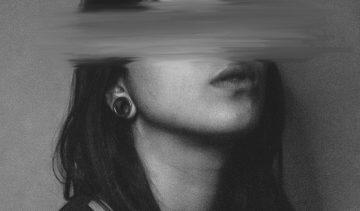There is still a taboo on depression. Shame and fear are factors that often prevent people from talking about it openly.
Depression is not visible from the outside, but in the brain the difference compared to a healthy brain becomes all too obvious. Many changes are visible in a depressed brain. Realize that it is not up to you and you have not chosen this. You should therefore certainly not be ashamed when you are feeling depressed.
In this article, we’ll take you through some of those changes in the brain.
Hippocampus: depression influences your memory
A large percentage of people who are depressed produce too many cortisol, the stress hormones. The hippocampus could possibly shrink if being exposed to cortisol for too long. The hippocampus is the part of our brain that is responsible for memory. Too much exposure to cortisol can cause cells in the hippocampus to die, causing people with depression to forget more.
Amygdala: depressed people focuses more on the negative
Another striking part is that the amygdala, the area that is known as the ‘fear center’ of the brain, becomes overactive and can therefore increase in volume. People with an overactive amygdala remember negative events better than positive events and experiences. There is often more attention for negative stimuli and they are also less able to ignore these negative stimuli than healthy people.
Prefrontal cortex: depressed people have more difficulties with cognitive functions
Changes are also found in the prefrontal cortex, the front part of the brain. This area is involved in emotional and cognitive functions. Among other things, it is involved in making decisions, planning and setting goals. The prefrontal cortex is less active in a depressed brain. People who are depressed often make decisions in a slower and lesser way and are more inhibited. Due to the underactivation of the prefrontal cortex, people are also less interested and they often experience concentration problems.
A hidden illness
Depression is a serious brain disease and it is one of the greatest hidden health problems of our time. It is important to seek help when dealing with mood problems. For example, contact your doctor or get in touch with a NiceDay professional.
Read more about the experience stories of an old NiceDay user here, she talks about how she experienced online coaching for her depression.











